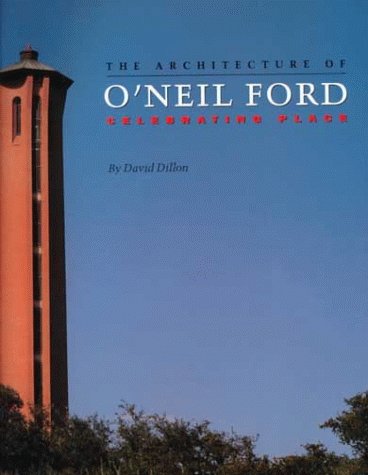O'Neil Ford (1905-1982) was the most influential Texas architect of the twentieth century. A technological innovator who bridged Texas' rural past and urban future, he taught three generations of architects how to adapt vernacular forms and materials to modern conditions. Widely known for his many projects in San Antonio and Dallas, Ford also designed buildings from Laredo, Texas, to Saratoga Springs, New York, over the course of a sixty-year career. In this book, David Dillon undertakes the first critical study of Ford's architecture in both its regional and national contexts. In particular, Dillon explores Ford's links to the regional and eclectic movements of the 1920s and 1930s, his use of postwar technology and materials (lift-slab, pre-stressed concrete shells, new metals), and his influence on other architects in Texas and the Southwest.Quotes from the author's wide-ranging interviews with O'Neil Ford in the last years of his life, as well as with his partners, relatives, friends, and critics, give the text firsthand vividness.
David Dillon is the architecture critic for the "Dallas Morning News" and the author of six previous books, including "Dallas Architecture: 1936-1986", and "The FDR Memorial". He currently divides his time between Dallas and Amherst, Massachusetts.
- ISBN10 0292716028
- ISBN13 9780292716025
- Publish Date 1 January 1999
- Publish Status Out of Print
- Out of Print 28 July 2015
- Publish Country US
- Imprint University of Texas Press
- Format Hardcover
- Pages 176
- Language English
